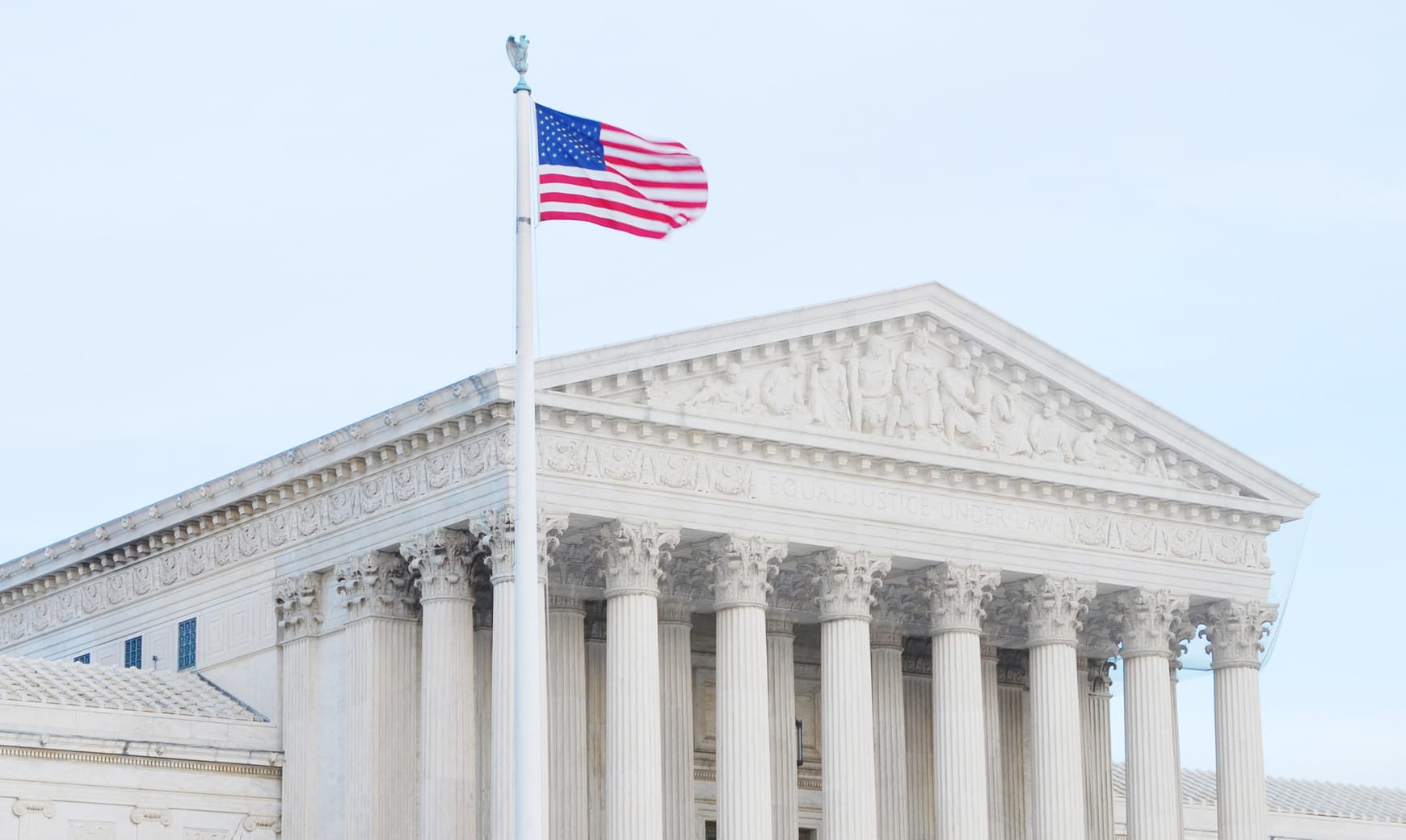On July 4, 2025, President Trump signed into law legislation commonly referred to as the “One Big Beautiful Bill Act” (OBBBA), which includes provisions that specifically affect private primary, secondary, and post-secondary educational institutions, as well as tax-exempt organizations generally. These provisions caused considerable debate, resulting in significant differences between the House and Senate proposals (see our prior alert, House Tax Bill Provides Significant New Funding Sources for Private Elementary and Secondary Education).
Provisions Affecting Educational Institutions
Tax Credit for Contributions of Individuals to Scholarship Granting Organizations (SGOs)
- Creates a new tax credit of up to $1,700 for individual taxpayers who make qualified contributions to a SGO (as defined in the statute).
- Requires states to elect to participate and identify SGOs.
- SGOs are subject to a number of requirements. Among certain key requirements, they must:
- Fall within the requirements of IRC Section 501(c)(3) and be exempt from income tax under Section 501(a)
- Not be a private foundation
- Maintain separate accounts and prevent comingling with qualified contributions
- Provide scholarships to 10 or more eligible students who do not all attend the same school
- Spend at least 90% of contributions on scholarships
- Not earmark scholarships for specific students
- Be located within the electing state and included in the list of eligible SGOs submitted by the state
- The new credit applies to tax years beginning on or after January 1, 2027.
Exclusion for Employer Payments of Student Loans
- Makes permanent the exclusion for employer payments of qualified education loans.
- Adjusts for inflation the $5,250 annual limit that can be provided tax-free under an educational assistance program.
Additional Expenses Treated as Qualified Higher Education Expenses for Purposes of 529 Accounts
- Expands the definition of qualified higher education expenses related to elementary or secondary schools to include not only tuition, but also curriculum and curricular materials, books or instructional materials, online educational materials, tuition for certain tutoring or educational classes outside of the home, standardized achievement test fees, and certain educational therapies for students with disabilities.
- Increases the limit on cash distributions from all qualified tuition programs related to elementary or secondary schools from $10,000 per beneficiary per taxable year to $20,000 per beneficiary per taxable year, and applies to tax years beginning on or after January 1, 2026.
Certain Postsecondary Credentialing Expenses Treated as Qualified Higher Education Expenses for Purposes of 529 Accounts
- Expands qualified higher education expenses to include “postsecondary credentialing expenses,” which include tuition and other expenses related to certain approved postsecondary programs, such as vocational training.
Modification of Excise Tax on Investment Income of Certain Private Colleges and Universities
- Revises the excise tax on applicable educational institutions with a new rate structure applicable to tax years beginning on or after January 1, 2026, under which the amount of tax imposed is equal to:
- 1.4% of net investment income if the student-adjusted endowment is $500,000 or greater but not in excess of $750,000;
- 4% of net investment income if the student-adjusted endowment is $750,000 or greater but not in excess of $2 million; and
- 8% of net investment income if the student-adjusted endowment is $2 million or greater.
- Amends the definition of an applicable education institution to be an institution with at least 3,000 tuition-paying students.
- Amends the definition of student-adjusted endowment to the aggregate fair market value of the assets of such institution, divided by the number of students enrolled in the institution.
- Expands the definition of net investment income to include interest from student loans and federally subsidized royalty income.
Provisions Generally Affecting Nonprofits
Expands Application of Tax on Excess Compensation Within Tax-Exempt Organizations
- Expands the definition of “covered employee” to any employee and any former employee in any taxable year after 2016 of an applicable tax-exempt organization, eliminating the current limitation of the excise tax to (1) the five highest compensated employees in the taxable year and (2) only current employees in any taxable year after 2016.
Permanent Deduction for Charitable Contributions Made by Individuals Who Do Not Elect to Itemize
- Creates a permanent above-the-line deduction for charitable contributions for individuals who claim the standard deduction. Such deduction is limited to $1,000 for single filers and $2,000 for joint filers.
0.5% Floor on Deduction of Charitable Contributions Made by Individuals Who Elect to Itemize
- Allows a charitable deduction for contributions made by individuals who elect to itemize only to the extent that aggregate contributions exceed 0.5% of the taxpayer’s contribution base. Additionally, the provision permanently extends the 60% contribution limit for cash gifts made to qualified charities.
1% Floor on Deduction of Charitable Contributions Made by Corporations
- Allows corporations to deduct charitable contributions only to the extent that aggregate contributions exceed 1% of taxable income and do not exceed 10% of the corporation’s taxable income, with contributions in excess of the 10% limit carried forward for five years. This provision applies to tax years beginning on or after January 1, 2026. Please note that the application of the 1% deduction floor is currently unclear, and additional guidance is required to understand whether the 1% acts as a deduction floor or threshold.
Please see What One Big Beautiful Bill Means for Your Industry to explore all of the firm’s OBBBAs to understand the key risks, emerging opportunities, and strategic considerations shaping each industry.
If you have any questions regarding the OBBBA’s general impact on private educational institutions and nonprofits, please contact Jill Lebowitz (jlebowitz@mccarter.com) and Joel Horowitz (JHorowitz@McCarter.com) in the Tax, Employee Benefits & Private Clients group.
For tax-specific OBBBA questions, please contact Michael Guariglia (mguariglia@mccarter.com) and Daniela Calabro (dcalabro@mccarter.com) in the Tax, Employee Benefits & Private Clients group.
